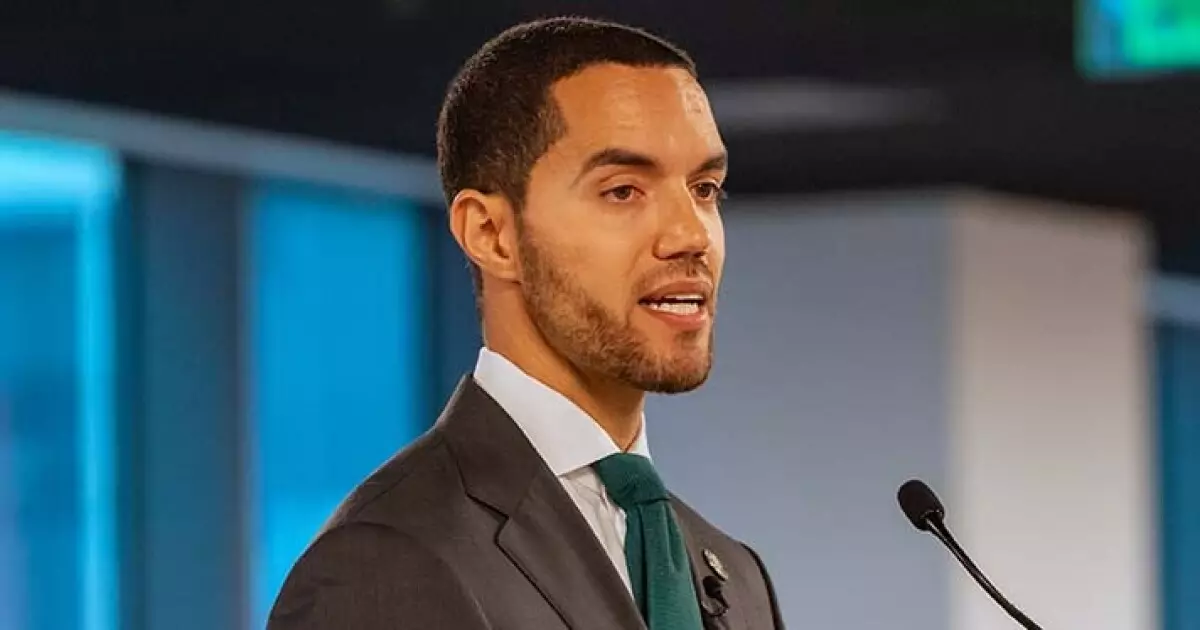The financial outlook for Houston recently took a turn for the worse, as Fitch Ratings downgraded the city’s AA rating from stable to negative. This decision follows a similar move by S&P Global Ratings, which had also adjusted its outlook just two months prior. The implications of these changes are significant, raising questions about the city’s fiscal health and its strategies for addressing mounting budgetary concerns.
At the heart of this financial downgrade are dwindling reserves. Fitch has pointed out that the city’s general fund reserves, which have traditionally served as a financial safety net, now stand at a troubling level—below 15% of spending. This sharp decline jeopardizes the city’s ability to navigate future crises, particularly as it prepares to fund a five-year collective bargaining agreement that promises substantial salary increases for firefighters. The forecasted budget gaps, ranging from 10% in fiscal 2025 to 3%-4% through fiscal 2029, signal a troubling trend that could only worsen if alternative revenue strategies are not employed.
The agreement that precipitated these adjustments was part of a court-sanctioned settlement aimed at rectifying longstanding firefighter compensation issues. Houston’s financial commitment includes a staggering $650 million lump-sum payment covering overtime from fiscal 2018 through 2024, with most funding derived from a recent bond sale. However, this settlement raises a critical question: can the city genuinely sustain such expenditures given the restrictive nature of its revenue streams, particularly in light of a city charter that limits property tax increases?
Houston’s rating troubles further reflect a broader dilemma facing municipal governments in the United States: balancing budgetary needs with the realities of limited revenue. With the city constrained by both fundamental economic pressures and a cap on its revenue-raising abilities, the administration must tread carefully. As controller Chris Hollins noted, addressing these challenges requires a comprehensive financial plan. The Need for proactive strategies to avert a looming fiscal crisis has never been more crucial.
The city has acknowledged the structural budget gaps that have plagued its finances for over a decade. The recent firefighter settlement may have offered the city some level of financial certainty, but it also exposed inherent vulnerabilities that need to be addressed. Houston is reportedly exploring options for additional recurring revenues by engaging with various government levels—county, state, and federal—not merely to avert immediate financial fallout but to establish long-term fiscal stability.
The downgrade of Houston’s financial outlook serves as a clarion call for immediate action on multiple fronts. The interplay of reduced reserves, increased spending commitments, and constrained revenue generation paints a stark picture for the city’s fiscal future. For Houston to emerge from these fiscal challenges, leadership must prioritize transparency and strategic financial planning, ensuring that it not only meets present obligations but also secures a resilient economic future. Absent such measures, the city risks navigating an increasingly precarious financial landscape.

